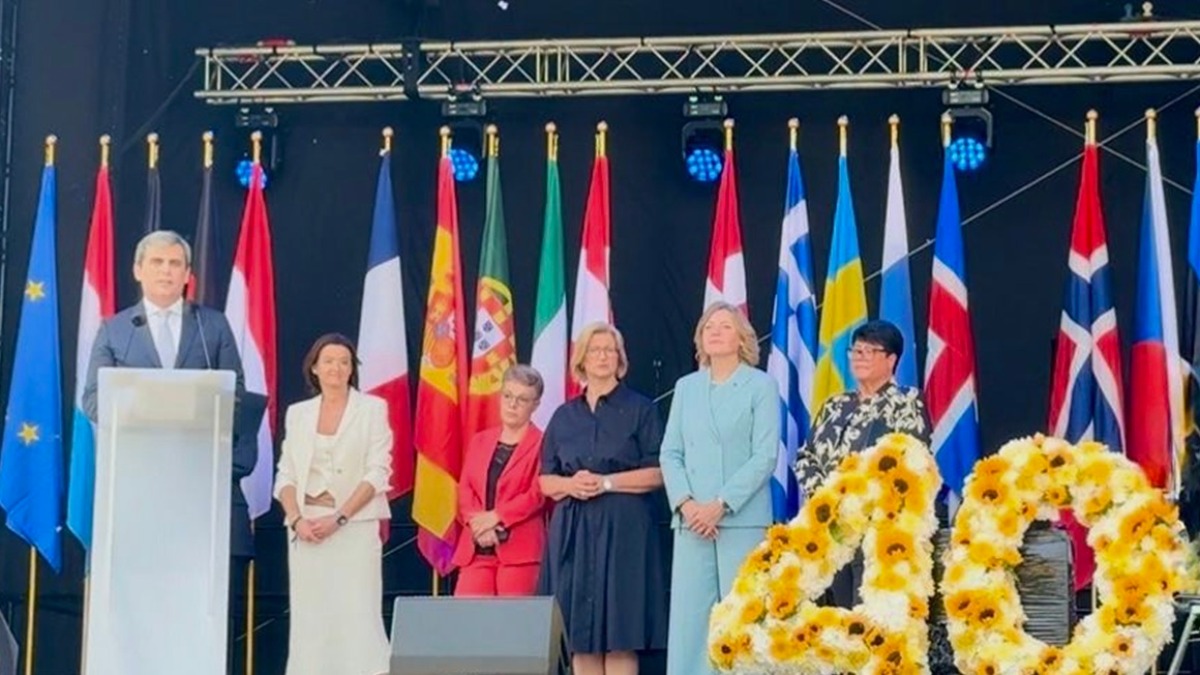Montenegro’s Deputy Prime Minister and Minister of Foreign Affairs, Ervin Ibrahimović, stated that Montenegro continues to implement reforms aimed at full EU membership, including aligning its visa policy with the EU. He emphasized the significance of Schengen as a symbol of shared European values such as freedom, security, solidarity, and mutual trust among European peoples. During the ceremony marking the 40th anniversary of the Schengen Agreement signing in Luxembourg, Ibrahimović highlighted Montenegro’s strong commitment to European values and the goal of EU membership. He also pointed out the importance of the EU enlargement policy in light of changed geopolitical circumstances and the challenges facing the Schengen area, including managing external borders and combating illegal migration.
Political Perspectives:
Left: Left-leaning sources emphasize Montenegro’s commitment to European integration, highlighting the importance of solidarity, freedom, and human rights within the Schengen framework. They focus on the progressive reforms Montenegro is undertaking to align with EU standards and the symbolic value of Schengen as a step towards greater European unity and cooperation.
Center: Centrist sources report on Montenegro’s ongoing reforms and the significance of the Schengen Agreement as a milestone in European integration. They present a balanced view, acknowledging both the achievements and the challenges Montenegro faces in meeting EU accession criteria, including visa policy alignment and border security.
Right: Right-leaning sources tend to emphasize the importance of security, border control, and the management of illegal migration within the Schengen area. They highlight Montenegro’s efforts to strengthen external borders and maintain internal security, often framing EU enlargement in the context of geopolitical stability and national sovereignty.




